Decanter's experts investigate the merits of decanting top Bordeaux, Napa Cabernet and Rhône Syrah and how the aeration time can impact taste.
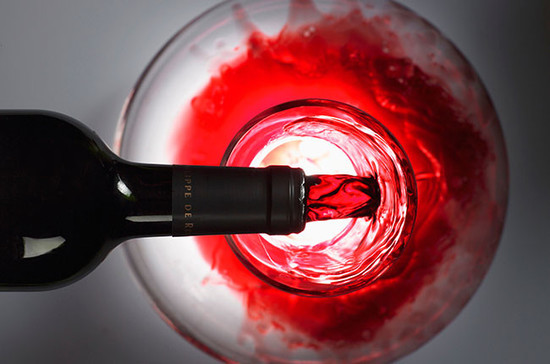
This article compiles articles published across three issues of Decanter magazine between November 2013 and January 2014. It has now been published online and in full for Premium members.
What goes on in a decanter?
The process of aeration – in effect, a very gentle oxidation – is not that well understood, according to Geoff Taylor of wine laboratory Corkwise.
He portrays a battle of oxygen versus antioxidants being waged at the point at which wine meets air.If that point is very small – as it is in a bottle that has been uncorked but not decanted – the battle will be very slow. If the surface of the wine exposed to air is greater – if the wine has been decanted, double-decanted, decanted and given a shake, or given any other speeding-up treatment – it will be faster.First of all, Taylor says, wine contains natural antioxidants. The younger, bigger and heavier the red wine, the more it will have.
Then there is sulphur dioxide (SO2) usually added at bottling to prevent oxidation before we’re ready for it. SO2 also inhibits the aromas of wine. When the wine is opened, Taylor asks us to imagine a molecule of oxygen coming towards the wine like a football. The SO2, or some other natural antioxidant, grabs the oxygen and prevents it from oxidising the wine.
Gradually, as the onslaught of oxygen continues, the antioxidants in the wine are used up. Oxidation then begins. The oxygen penetrates gradually: the top layers first, then further down. Again, the size of the surface exposed to the air makes a huge difference.
How long will a bottle of wine, opened but not decanted, take to be saturated with oxygen?
A few hours, Taylor says. ‘Liquid forms a strong natural barrier to gas pushing its way in.’ What the oxygen gradually does is return the wine to its near-virgin state, before SO2 was added – but, of course, with all the changes wrought by age being revealed.
If the wine is very old, and especially if it has been stored well, ‘it is a very reductive environment’, Taylor says. Not reductive in the sense of eggy and sulphidey, as we might understand it as a wine fault, but a sort of suspended animation where all processes happen very slowly.
‘All wine will eventually oxidise, but stored well in bottle it almost goes into a hibernation state,’ he adds. ‘Once the cork is out, however, the oxidation process restarts.’ And catches up: imagine removing the Botox rather quickly from a frozen face.
Click to read the full article on Decanter Premium>>
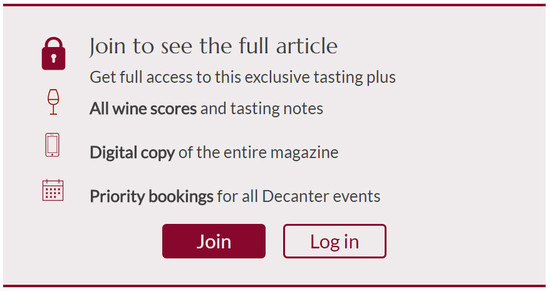
Translated by ICY
All rights reserved by Future plc. No part of this publication may be reproduced, distributed or transmitted in any form or by any means without the prior written permission of Decanter.
Only Official Media Partners (see About us) of DecanterChina.com may republish part of the content from the site without prior permission under strict Terms & Conditions. Contact china@decanter.com to learn about how to become an Official Media Partner of DecanterChina.com.

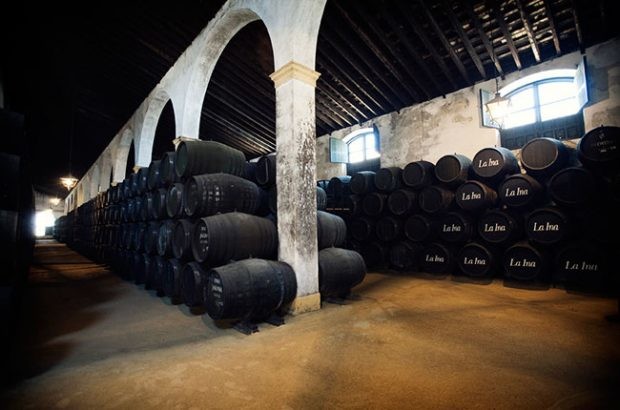

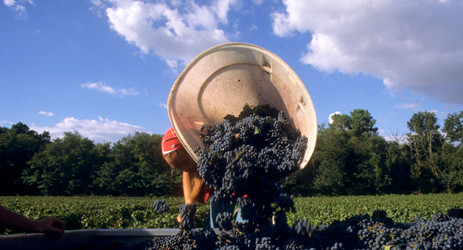
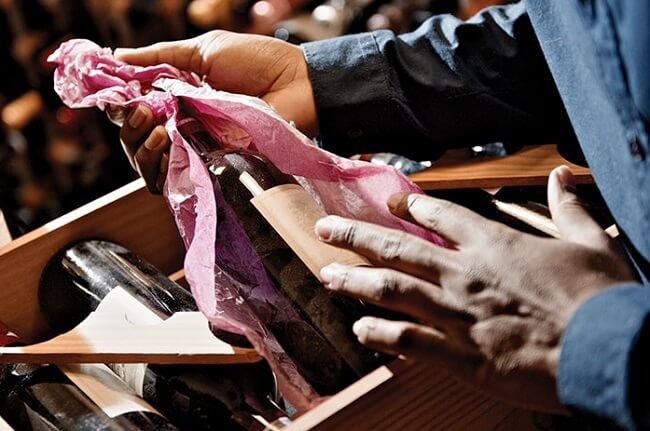
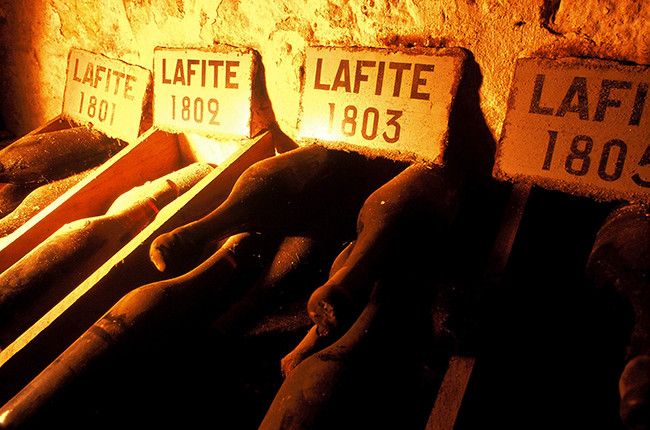
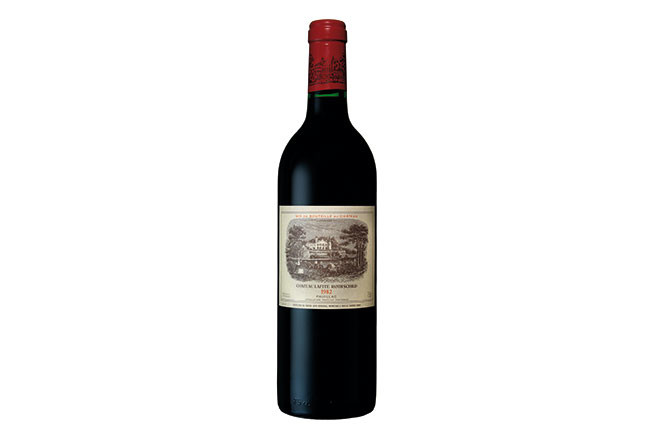
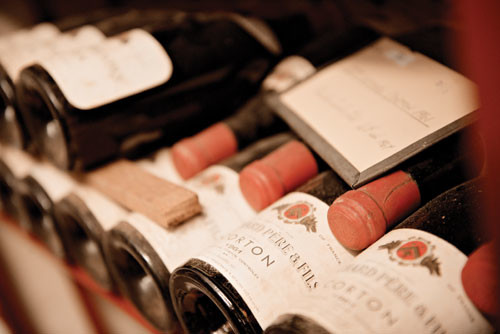
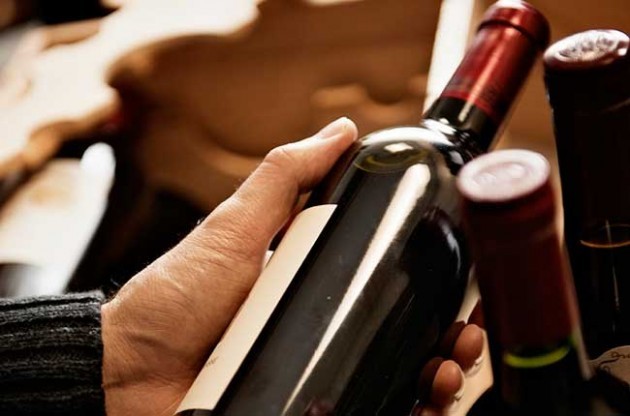
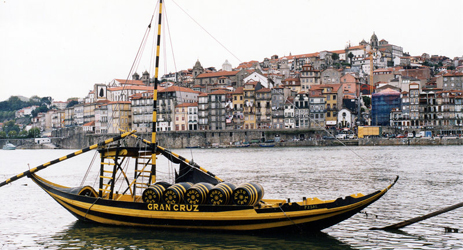
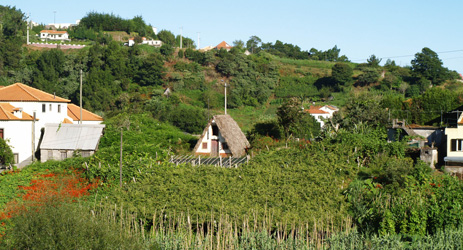
Comments
Submit